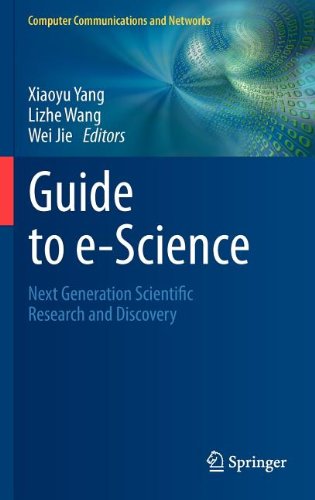

Most ebook files are in PDF format, so you can easily read them using various software such as Foxit Reader or directly on the Google Chrome browser.
Some ebook files are released by publishers in other formats such as .awz, .mobi, .epub, .fb2, etc. You may need to install specific software to read these formats on mobile/PC, such as Calibre.
Please read the tutorial at this link: https://ebookbell.com/faq
We offer FREE conversion to the popular formats you request; however, this may take some time. Therefore, right after payment, please email us, and we will try to provide the service as quickly as possible.
For some exceptional file formats or broken links (if any), please refrain from opening any disputes. Instead, email us first, and we will try to assist within a maximum of 6 hours.
EbookBell Team

4.3
18 reviewsThe way in which scientific research is carried out is undergoing a series of radical changes, worldwide, as a result of the digital revolution. However, this “Science 2.0” requires a comprehensive supporting cyber-infrastructure.
This essential guidebook on e-science presents real-world examples of practices and applications, demonstrating how a range of computational technologies and tools can be employed to build essential infrastructures supporting next-generation scientific research. Each chapter provides introductory material on core concepts and principles, as well as descriptions and discussions of relevant e-science methodologies, architectures, tools, systems, services and frameworks. The guide’s explanations and context present a broad spectrum of different e-science system requirements.
Topics and features:
This highly practical text/reference is a “must-have, must-use” resource for both IT professionals and academic researchers. Graduate students will also benefit from the experiences and viewpoints shared by the authors on this important subject, as well as the instructional nature of this guidebook.
Dr. Xiaoyu Yang is a research engineer in the School of Electronics and Computer Science at the University of Southampton, UK. Dr. Lizhe Wang is a research scientist in the Pervasive Technology Institute at Indiana University, Bloomington, IN, USA. Dr. Wei Jie is a lecturer in the School of Computing at Thames Valley University, London, UK.